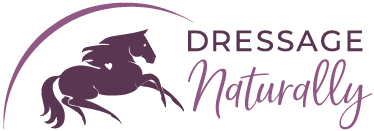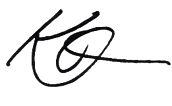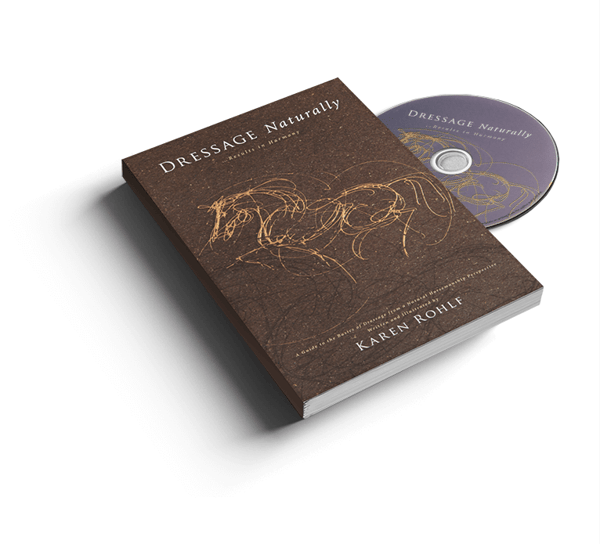Note to readers: If you immediately look for how this article is wrong, then you are proving me right. :-)
I have a hypothesis that people live in one of two worlds: The World of Possibility or the World of Right & Wrong. Based on my observations, a lot of people who live in the world of Right & Wrong spend most of their energy trying to prove things Wrong.

Admittedly, people like me who swim in the world of Possibility with wild abandon can be hard to pin down. We have many ever-changing viewpoints. "It depends" is my most often used answer.
While other people may be fighting back and forth trying to figure out if it's: The early bird gets the worm or if good things come to those who wait, I will be taking notes about when waiting worked and when taking action got me closer to my goal. I'll likely come to the temporary conclusion that the best strategy is the one that 's currently working for me at the moment. It's a temporary conclusion because the next moment may bring new information, circumstances, and goals that will cause me to adapt.
There are many times with horses that a moment can be interpreted in more than one way. This can make it confusing for students wishing to learn. There are so many imperfectly perfect moments. There are moments that may look perfect but are ultimately harmful (a horse forced to perform something it is not ready for, or a horse that looks good but is leaning on the aids) and there are horrible looking moments that are the beginning of a positive breakthrough (a defensive, behind-the-leg horse who lets out a buck as he finally lets loose to energy).
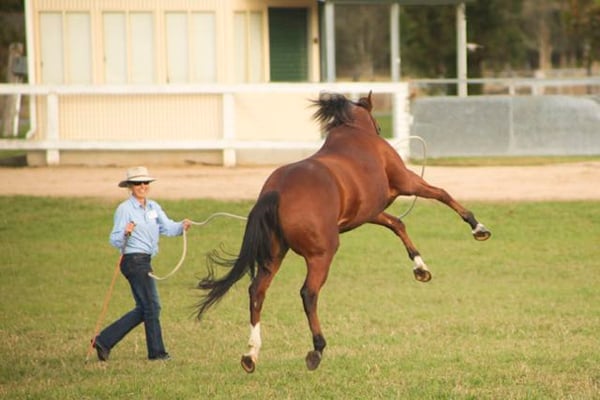
It's all in how you look at it. It is wrong and right at the same time. Most things are.
When I tell you this, what is your first reaction?
Are you already trying to think of exceptions? Are you thinking of examples of when something is ONLY wrong? You'll find one for sure. That doesn't negate my point.
Did you entertain the idea and try to think of examples in your own life where something could be perfect and imperfect at the same time?
If you tried to think of examples, you are likely a "Yes, and..." person.
If you tried to think of exceptions, you are likely a "Yeah, but..." person.
When I say that, are you thinking: 'Yeah, but I'm not always a Yeah, but person'
I rest my case ;-)
I can tell you for sure that things are both wrong and right at the same time except for when they're not, but my real point is that if you tend towards thinking 'Yeah, but...' instead of 'Yes, and... ' you may be closing yourself off from some real opportunities for learning and progress for yourself and your horse.
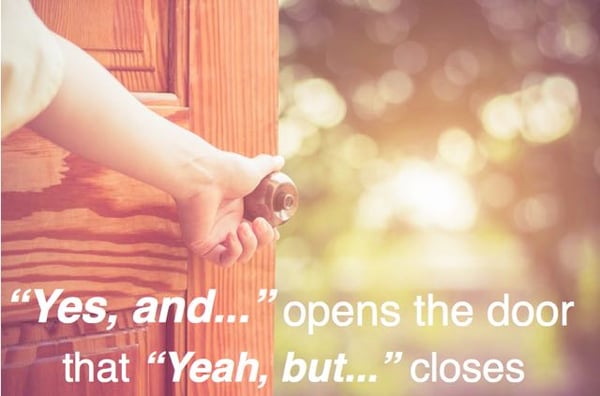
To quote Wikepedia: "Yes, and..." is a rule of thumb in improvisational comedy that suggests that a participant should accept what another participant has stated ("yes") and then expand on that line of thinking ("and"). It is also used in business and other organizations as a principle that improves the effectiveness of the brainstorming process, fosters effective communication, and encourages the free sharing of ideas.
When you 'Yeah, but...', you shut down the brainstorming or collaborative process and effective communication. It tends to make others around you lose the desire to share new ideas, and the only people left talking are all the Yeahbutters hurling their 'buts' at each other. No one likes to have buts hurled at them.
I've seen students block out really good information with this (likely unconscious) habit. When a student blocks my best advice with the energetic message of 'I'm actively looking for ways that this won't work', it's hard to stay inspired as a teacher. Sometimes I can see around it and get to the heart of their frustration or fear... Tip for students: Don't make your riding instructor have to be a psychologist and motivational speaker on top of being an expert horseman!
Yeahbutting is hard on yourself. If someone says you did great, you don't need to follow it with"Yeah, but I probably won't be able to do it tomorrow." Just say Thank you, or "Yes, and I can't wait to do it again tomorrow!"
Yeahbutting is hard on your horses. Don't automatically follow a small success with the thought: 'Yeah, but he's still not perfectly straight', or 'Yeah, but tomorrow I'm going to have to fix it again'. Just tell your horse 'YES.' He doesn't need to know that he still has more to learn. He can get the yes, and you can know you still have more to do.
Yeahbutting is hard on the learning process. Don't always focus on finding the flaw, or the evidence of why something won't work. Give yourself at least a moment to take a breath and entertain the idea. There are many things that are wrong for you and right for others, or right for you and you just don't know it yet. If someone asks for your opinion, you can say: "Yes, and here's something else to also keep in mind. If your opinion wasn't asked for, give others a moment to do their own exploring. No one likes to be around idea-killers.
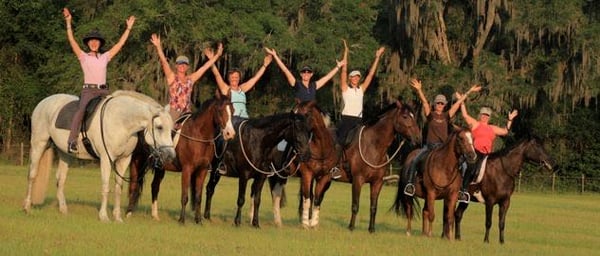
Try Yes, and... on for size. It will help you find, feel, and learn something you may not have thought you could. It will help you acknowledge, enjoy, praise and reward the small accomplishments that will then lead to bigger ones (for yourself, your horse, and others).
When you try Yes, and... the people and horses around you will relax and open to you in ways that surprise you. Likely you hadn't even realized you had closed the door to them in the first place.
Living in Yes, and... will feel vulnerable. You may feel like you have nothing to hold onto as you learn to let go... Just like you need to do with your horses. Your fears may come to the surface as you eliminate the crutch of excuses. At least now you can really start resolving those fears. No one expects you or your horse to be perfect. Enjoy the messy journey with the rest of us.
Will you sometimes be w... wr... wrong?
Yes, and at the same time, it will be all right.
